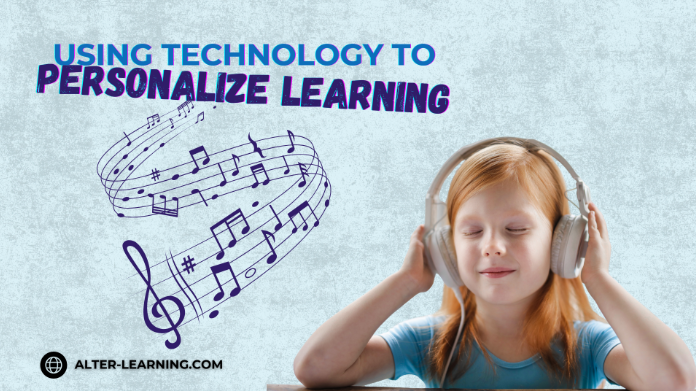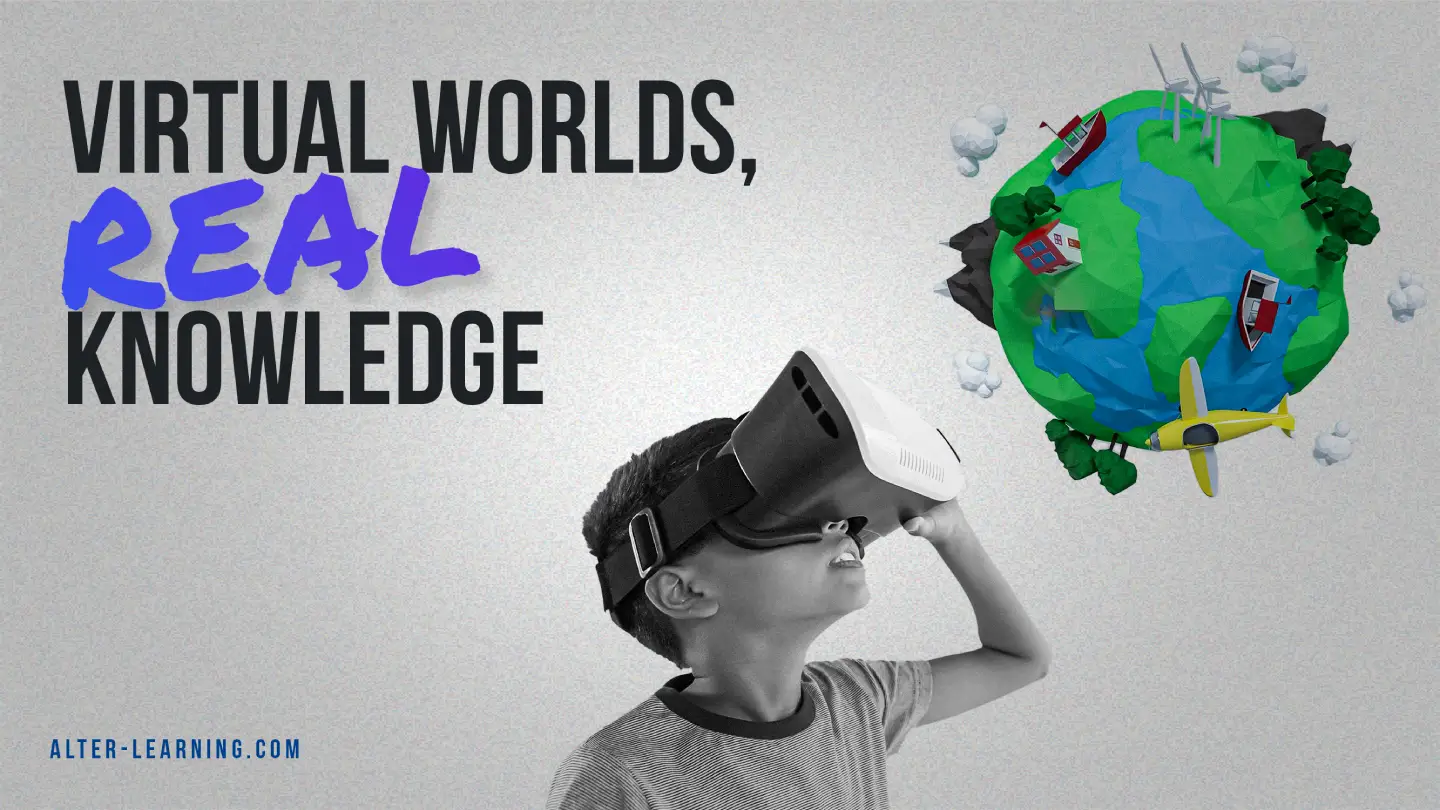Educational games have long been celebrated for their ability to teach academic concepts, but their influence can extend far beyond the classroom. When designed thoughtfully, interactive STEAM learning tools, VR education apps, and collaborative simulations can foster social skills, build empathy, and strengthen communities.
The social impact of these games isn’t a side effect—it can be a deliberate outcome. Alter-Learning’s approach to game design considers not only what students learn but also how they interact, communicate, and work together while playing.
Learning Beyond the Curriculum
While science games for kids, math puzzle games, and engineering challenges for students can reinforce subject knowledge, they can also:
- Encourage collaboration through multiplayer problem-solving,
- Promote empathy by letting students step into different perspectives,
- Support cultural understanding by exploring diverse narratives and settings,
- Build communication skills through cooperative tasks and shared goals.
These outcomes can prepare students not only for academic success but also for participation in a diverse and interconnected world.
Social Skills in Game-Based Learning
Educational games can offer safe, structured environments where students practice essential social skills:
Multiplayer modes can require students to collaborate in order to succeed. Whether restoring a digital ecosystem, completing an AR biology exploration, or coordinating in an interactive physics simulation, the focus can shift from individual achievement to shared progress.
2. Communication and Negotiation
Co-op challenges often require players to share ideas, delegate roles, and resolve conflicts. This mirrors real-world collaboration—whether in school projects or professional teamwork.
3. Empathy and Perspective-Taking
Story-driven games can put players in roles that challenge their assumptions and broaden their understanding. For example:
- A VR history scenario might ask players to experience events from multiple viewpoints,
- A virtual chemistry lab project could require balancing scientific goals with community needs.
Building Inclusive Communities
By incorporating accessibility features—such as adjustable difficulty, visual and audio aids, and flexible input methods—educational games can ensure participation from students with diverse abilities and backgrounds. This inclusivity can:
- Reduce social isolation by allowing all learners to engage equally,
- Promote peer support and mentorship,
- Encourage appreciation for different strengths and perspectives.
When students see their peers fully included in learning experiences, it can reshape classroom culture toward empathy and cooperation.
The Ripple Effect Beyond the Classroom
The social benefits of educational games can extend into everyday life. Skills developed through interactive VR simulations or STEAM-related challenges can help students:
- Work effectively in extracurricular teams,
- Participate in community projects,
- Approach real-world problems with creativity and collaboration.
Teachers and parents may notice improvements in how students interact, take initiative, and approach challenges with resilience.
For an educational game to create positive social outcomes, developers and educators can:
- Embed cooperative mechanics that require joint problem-solving,
- Offer reflective prompts that encourage discussion after gameplay,
- Design balanced challenges so all participants can contribute meaningfully,
- Connect in-game scenarios to real-world issues that matter to students.
Alter-Learning’s design process can integrate these elements from the start, ensuring that games do more than meet academic goals—they can also nurture the social and emotional skills that are essential for lifelong success.
Play That Shapes People
When thoughtfully designed, educational games can be more than just tools for teaching content—they can be catalysts for building stronger, more empathetic, and more connected communities of learners.
By blending immersive technology with inclusive and collaborative design, Alter-Learning can help create learning experiences where students not only acquire knowledge but also grow into the kind of individuals who can work together to solve tomorrow’s challenges.
Because the real win in educational gaming isn’t just scoring points—it’s building people who know how to play, learn, and succeed together.
Follow Alter-Learning for more insights into immersive education, edtech success stories, and the future of learning. Want to explore how VR/AR could transform your school or learning platform? Let’s connect.




